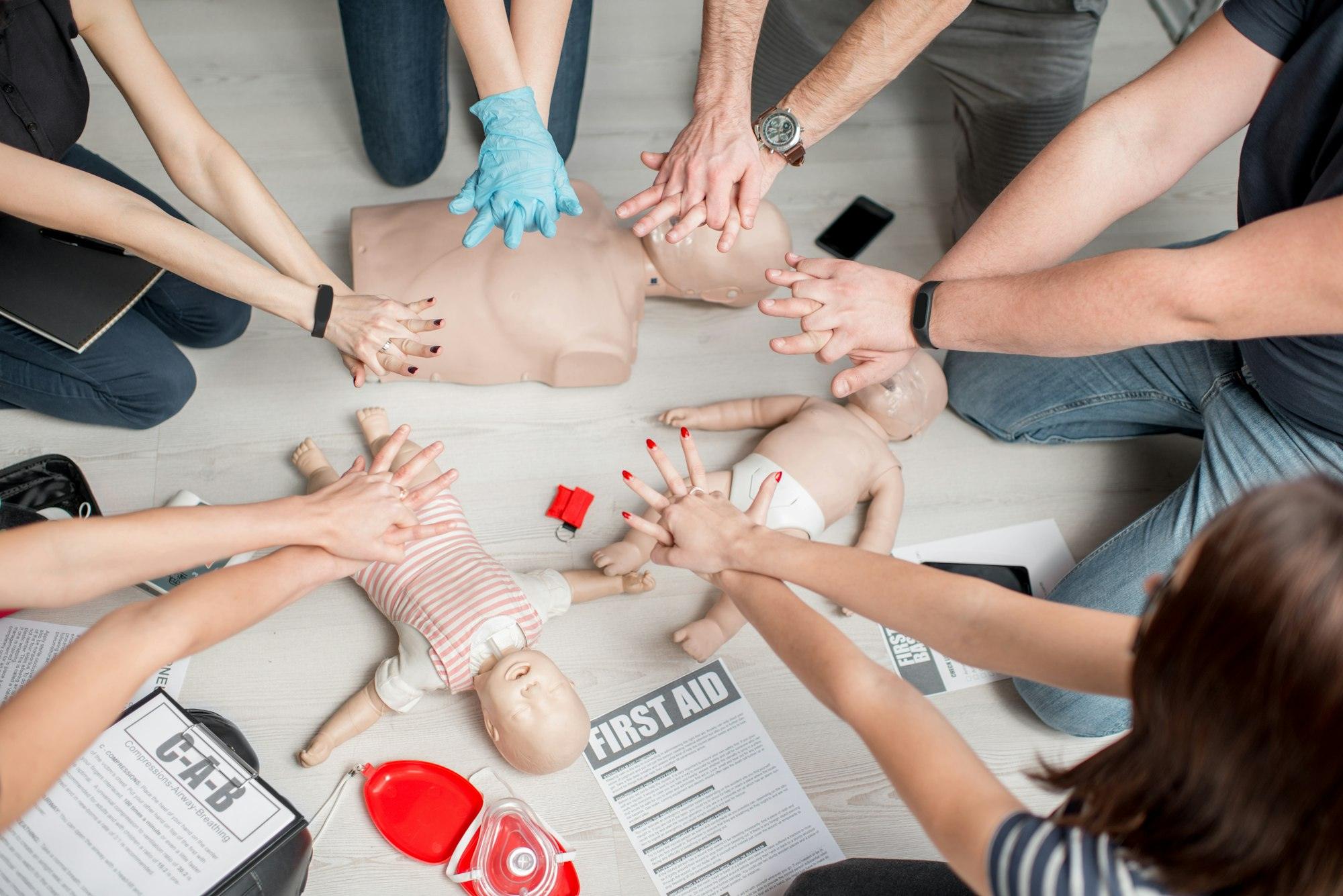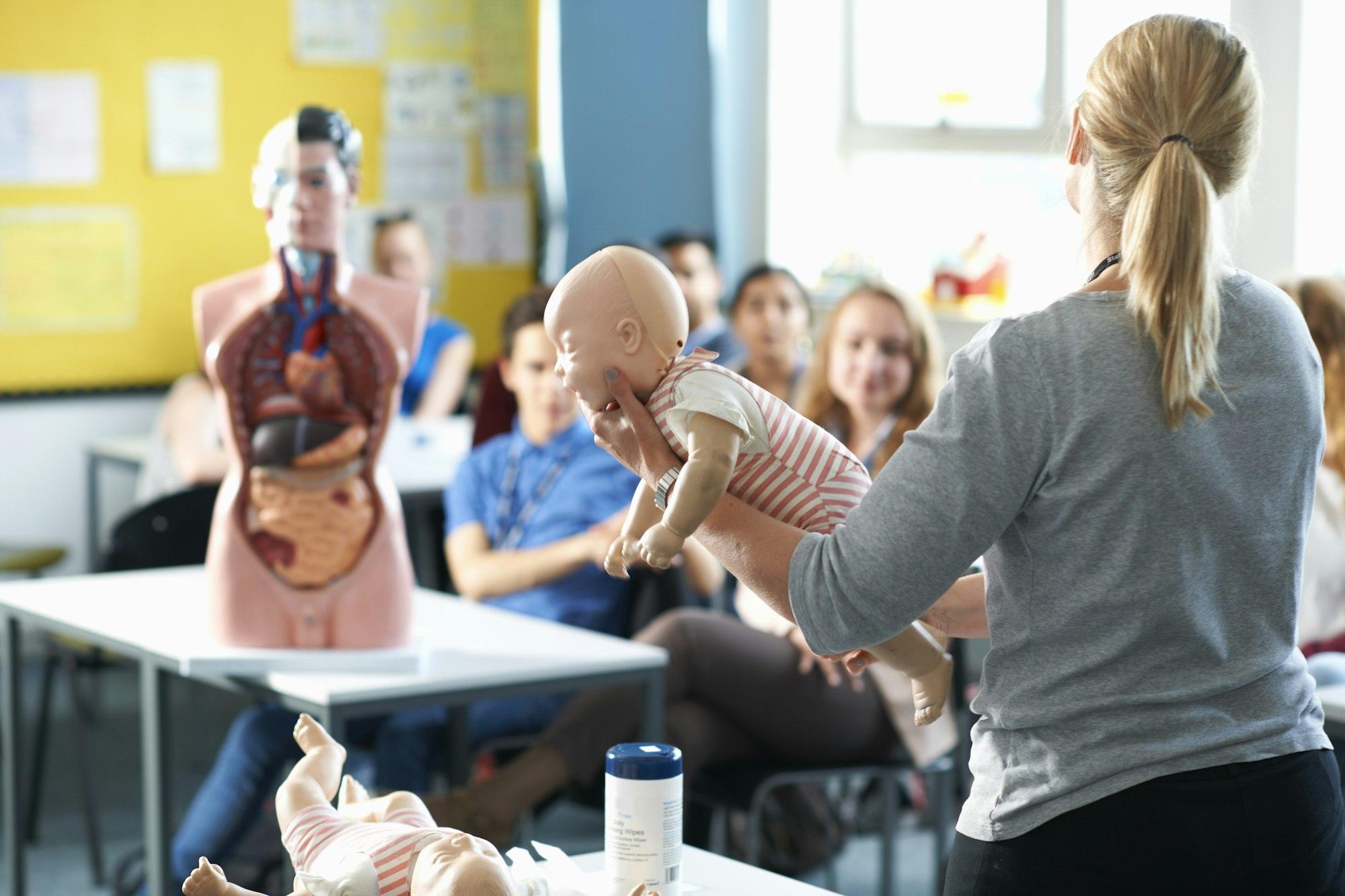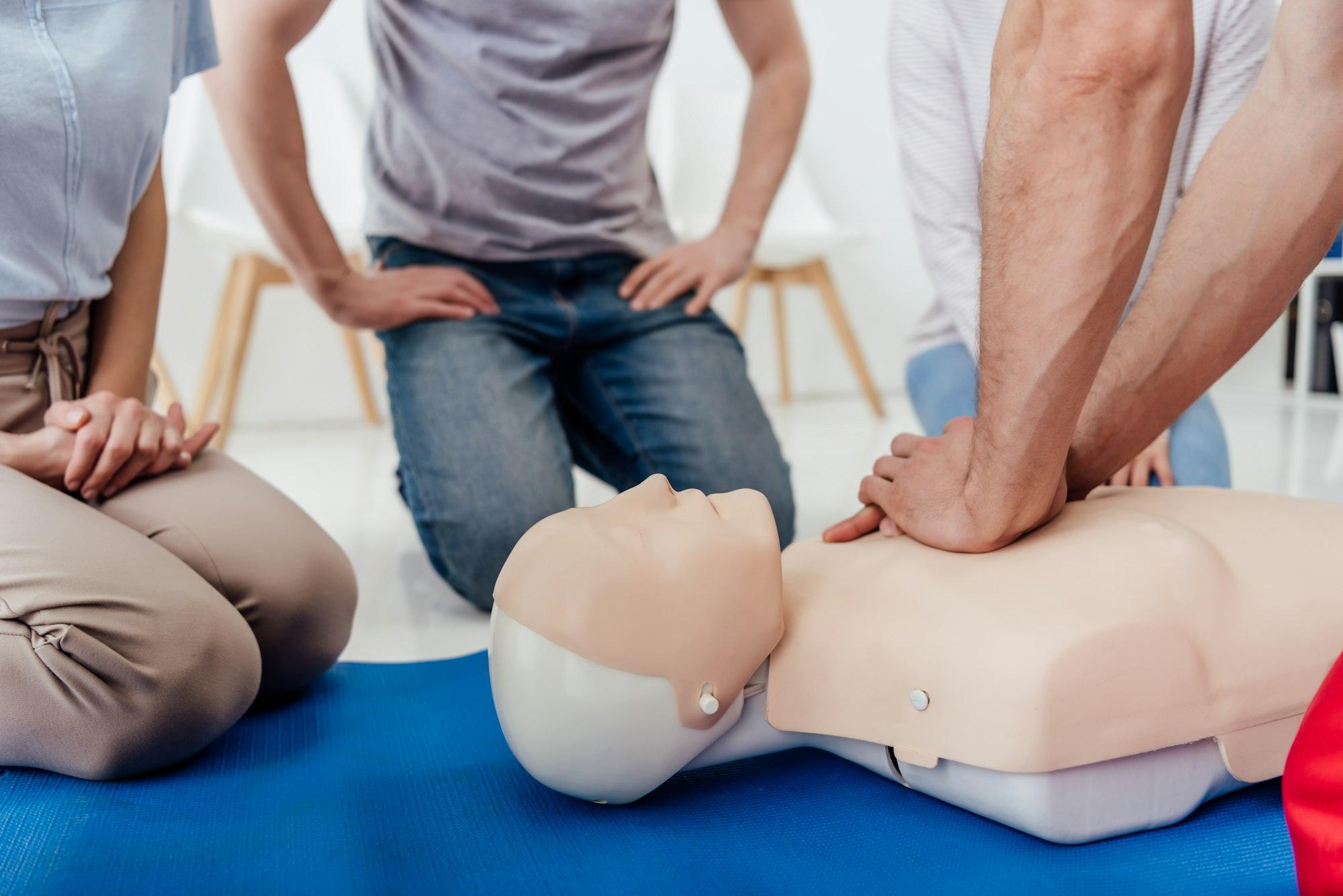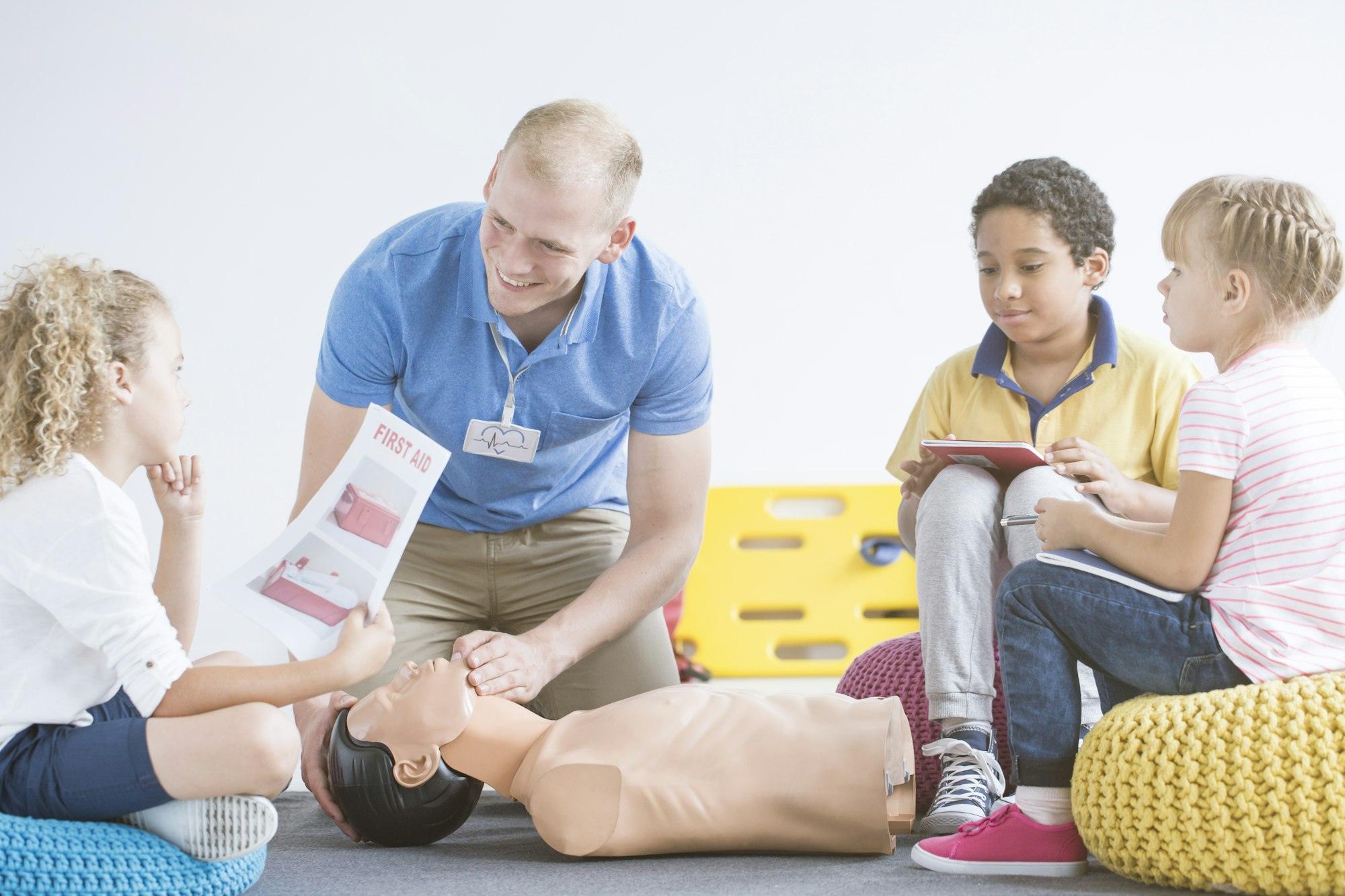SMARTT North East Ltd are delighted to announce that 30 more places for more free paediatric first aid course is available. Back in September 2012, SMARTT North East Ltd was very pleased to be chosen by Durham County Council to offer new learning opportunities for adults and community learning.
Free Paediatric First Aid Course 
The 12 Hour Care for Children Course is suitable for UK professional child care providers such as nannies, nursery carers and childminders must complete a suitable paediatric first aid course at regular intervals. Through the use of the Instructor Led Approach, the 12 Hour Care for Children programme meets regulatory requirements necessary for such a first aid course.
The 12 Hour Care for Children Course meets the requirements of Ofsted, in line with the Statutory Framework for the Early Years Foundation Stage (EYFS). The paediatric first aid course is suitable for Nursery and School staff (dealing with foundation stage), Childminders, and anybody who deals with children and wants a more in-depth course.
Certification is gained via successful continuous assessment of learners. Those who complete the course and are deemed to have reached the required standard are issues with a certificate valid for three year
Free Paediatric First Aid Course COURSE CONTENT
* Role of Paediatric First Aider
* Scene Safety Assessment
* Barrier Use
* Primary Survey
* Unconsciousness
* Recovery position
* CPR, Child and Infant
* Choking, Child & Infant
* Serious Bleeding Management
* Shock Management
* Spinal Injury Management
* Poisoning, Bites and stings
* Asthma, Diabetes and sickle cell
* Meningitis
* Convulsions in Child & Infant
* Injury Assessment
* Illness Assessment
* Accident Reporting
* Paediatric First Aid Kits
Please see our range of eLearning course HERE
To book a place on one of our more FREE paediatric first aid course, running in County Durham or if you have any questions please contact us for further details
More Free Paediatric First Aid Coursetraining is essential for caregivers, parents, teachers, and healthcare providers who work with children. The training typically covers how to respond to medical emergencies involving infants and children. Here’s what is generally included:
Key Components of Paediatric First Aid Training
- Recognition of Emergency Situations:
- Identifying when a child is in need of urgent medical attention.
- Understanding the difference between minor injuries and emergencies.
- Basic Life Support (BLS):
- CPR (Cardio-Pulmonary Resuscitation) techniques tailored for infants and children, including single rescuer and two-rescuer techniques.
- Use of an Automated External Defibrillator (AED) for children.
- Choking Management:
- Techniques for relieving choking in infants and children.
- Differentiating techniques based on the age and size of the child.
- Wound Care:
- Recognition and treatment of common wounds and bleeding.
- Guidelines for treating abrasions, cuts, and scrapes that children may sustain.
- Burns and Scalds:
- Understanding different types of burns and appropriate first aid responses to them.
- When to seek medical attention for burns.
- Managing Medical Emergencies:
- Recognizing and reacting to common medical emergencies like asthma attacks, allergic reactions, and seizures.
- Information on how to use emergency medications (e.g., EpiPen for anaphylaxis).
- Poisoning and Ingestion:
- Steps to take if a child ingests a toxic substance.
- Importance of contacting poison control centres.
- Environmental Injuries:
- Recognition and treatment of injuries related to heat, cold, and other environmental factors.
More Free Paediatric First Aid Course
- Emergency Preparedness: Being trained in Paediatric First Aid can enhance the ability to respond effectively in emergencies, potentially saving the life of a child.
- Peace of Mind: Knowing how to handle emergencies can provide reassurance for parents, caregivers, and educators.
If you’re interested in pursuing a Paediatric First Aid course, check local community centres, hospitals, or online options to find a suitable training program. Would you like more information about a specific aspect of Paediatric First Aid or related courses?










